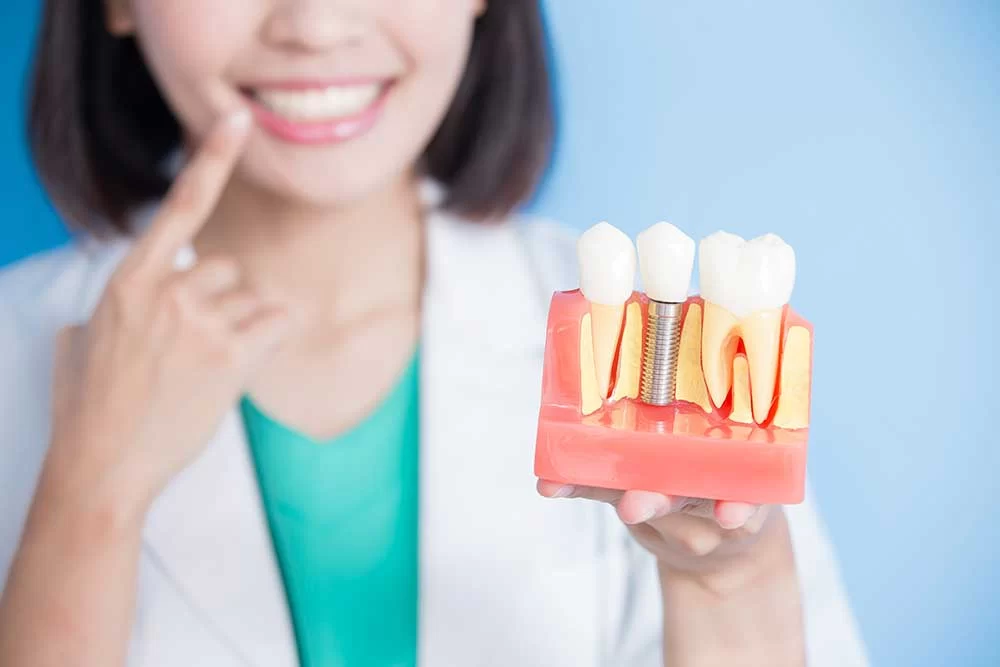
What Is the Best Solution for Missing Teeth? Exploring Your Options
- Introduction to Missing Teeth Solutions
- Dental Implants: A Permanent Solution
- Dental Bridges: A Practical Alternative
- Dentures: The Traditional Option
- Choosing the Right Option for You
- Case Studies: Real-Life Success Stories
- Conclusion: Finding the Best Solution
Missing teeth can affect your appearance, self-confidence, and even your ability to speak and eat properly. Fortunately, modern dentistry offers a variety of solutions to restore your smile and improve your overall oral health. But with so many options available, what is the best solution for missing teeth? This article will explore the most popular and effective treatments, helping you make an informed decision for your unique situation.
Dental Implants: A Permanent Solution
Dental implants are often considered the best solution for replacing missing teeth due to their permanence and natural appearance. An implant involves placing a titanium post into the jawbone, which serves as an anchor for a crown, bridge, or denture. This solution closely mimics the function and look of natural teeth.
Advantages of dental implants:
- Permanent and durable solution that can last a lifetime with proper care.
- Helps preserve jawbone health by stimulating bone growth.
- Improves speech and chewing function, restoring normal dental functions.
- Natural appearance, blending seamlessly with your existing teeth.
However, dental implants require a surgical procedure and may not be suitable for everyone, especially those with insufficient jawbone density. Consulting with a dentist is crucial to determine if you are a good candidate.
Dental Bridges: A Practical Alternative
If you are not a candidate for dental implants or prefer a less invasive option, dental bridges might be the right solution for you. A dental bridge involves creating a false tooth to fill the gap left by missing teeth, supported by the adjacent natural teeth or implants.
Advantages of dental bridges:
- Quicker and less invasive procedure compared to implants.
- Restores the appearance and function of your teeth.
- Can be a cost-effective solution for replacing one or more missing teeth.
While dental bridges provide an effective solution, they rely on the strength of neighboring teeth, which may weaken over time due to the pressure placed on them.
Dentures: The Traditional Option
Dentures are removable dental appliances designed to replace missing teeth. They can be full (replacing all teeth) or partial (replacing a few teeth). Dentures have been used for centuries and remain a reliable option for many people who are missing teeth.
Advantages of dentures:
- Relatively low-cost option for replacing multiple teeth.
- Customizable to suit the individual’s mouth and preferences.
- Non-invasive treatment that does not require surgery.
However, dentures may not provide the same level of comfort, function, or appearance as dental implants. They may require adjustments over time and can affect your ability to eat certain foods comfortably.
Choosing the Right Option for You
When deciding on the best solution for missing teeth, several factors must be considered, including:
- Budget: Dental implants tend to be the most expensive option, while dentures and bridges are more affordable alternatives.
- Long-term health: Implants can help preserve jawbone health, whereas dentures and bridges may contribute to bone loss over time.
- Personal preferences: Some people prefer the permanence and natural feel of implants, while others may opt for the convenience and cost-effectiveness of dentures.
Consulting with a dentist is crucial to evaluate your oral health and find the most suitable solution for your needs. They will consider factors such as bone density, the number of missing teeth, and your overall health when recommending a treatment plan.
Case Studies: Real-Life Success Stories
John, a 50-year-old man, lost several teeth due to a sports injury. After consulting with his dentist, he opted for dental implants, which allowed him to regain his smile and chewing ability. The procedure was smooth, and John reports feeling more confident than ever before.
Sarah, a 30-year-old woman, faced difficulty eating and speaking clearly after losing her molars. She chose a dental bridge as a more affordable option. While not permanent, the bridge restored her smile and functionality, and she continues to enjoy a better quality of life.
These real-life examples demonstrate that there are multiple solutions for missing teeth, each with its own benefits. The right choice ultimately depends on your unique needs and circumstances.
Conclusion: Finding the Best Solution
There is no one-size-fits-all solution for missing teeth, but the best option for you will depend on factors like your dental health, budget, and long-term goals. Whether you choose dental implants for a permanent fix, a dental bridge for a practical solution, or dentures for a traditional option, each treatment can improve your quality of life. Consult with a dentist to find the most suitable option for your unique needs.
For more information on replacing missing teeth and to explore your treatment options, visit Dentistry Toothtruth to learn more and schedule a consultation today.

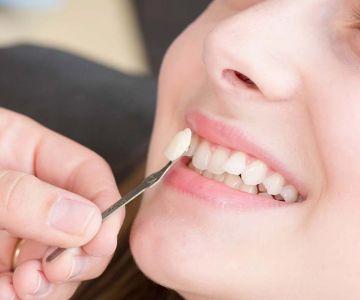
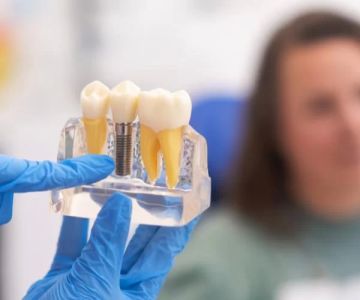
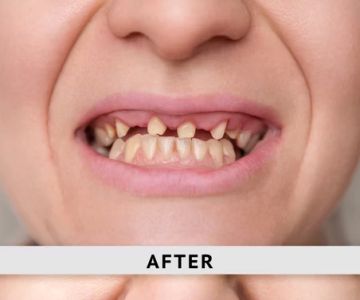

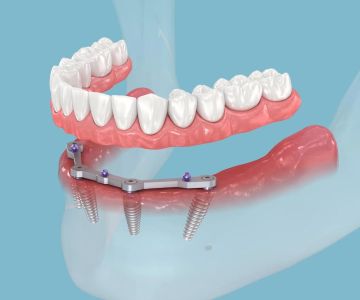
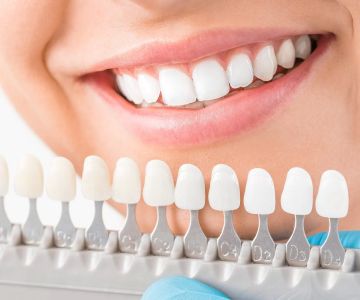
 University of the Pacific, Arthur A. Dugoni School of Dentistry
University of the Pacific, Arthur A. Dugoni School of Dentistry Central Pennsylvania Endodontics, LLC
Central Pennsylvania Endodontics, LLC Sage Dental of Windermere
Sage Dental of Windermere Dr. Maria Regina M. Tan, DDS
Dr. Maria Regina M. Tan, DDS Icon Dental
Icon Dental Dental Solutions of Voorhees
Dental Solutions of Voorhees The Importance of Oral Health Education During Pregnancy for a Healthy Pregnancy
The Importance of Oral Health Education During Pregnancy for a Healthy Pregnancy Why Skipping Dental Checkups Can Lead to Bigger Oral Health Problems
Why Skipping Dental Checkups Can Lead to Bigger Oral Health Problems Advantages of Porcelain Dental Restorations
Advantages of Porcelain Dental Restorations Best Tips for Brushing Your Teeth Properly for Healthy Gums: Essential Techniques for Oral Health
Best Tips for Brushing Your Teeth Properly for Healthy Gums: Essential Techniques for Oral Health How Can Diabetes Cause Tooth and Gum Problems? Preventing and Managing Oral Health Issues
How Can Diabetes Cause Tooth and Gum Problems? Preventing and Managing Oral Health Issues Healthy Habits for Promoting Good Oral Health and Hygiene: Tips for a Healthy Smile
Healthy Habits for Promoting Good Oral Health and Hygiene: Tips for a Healthy Smile